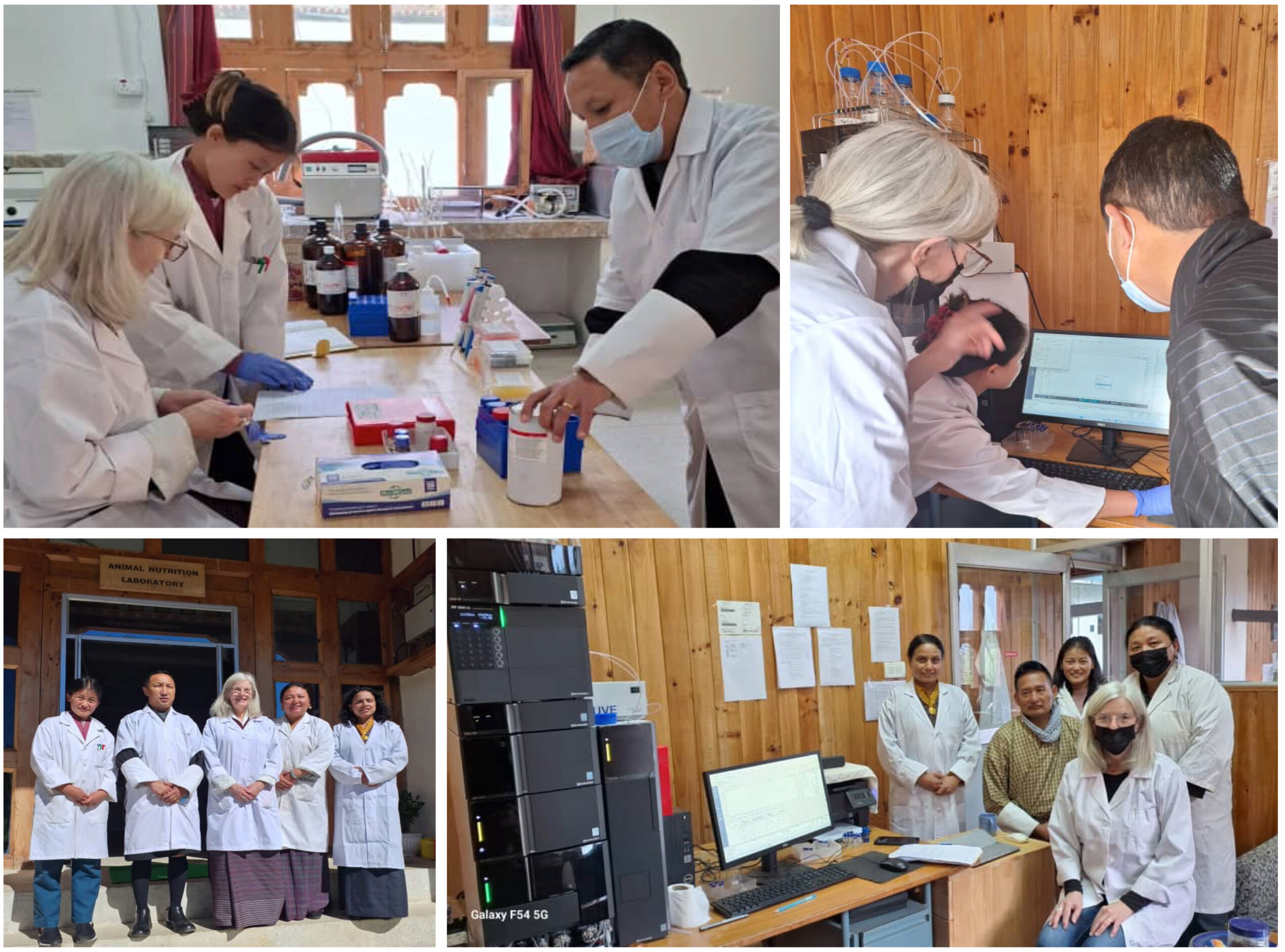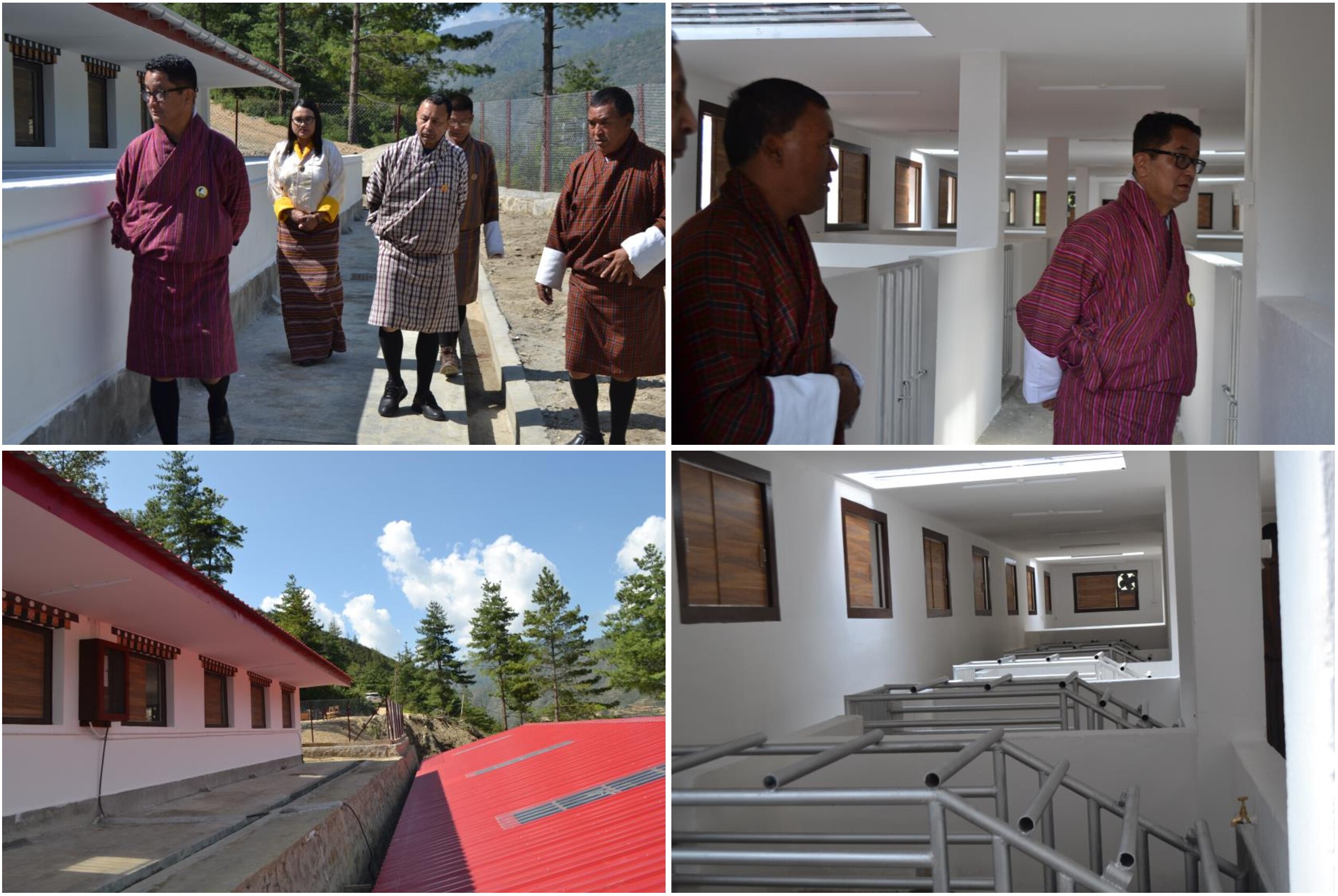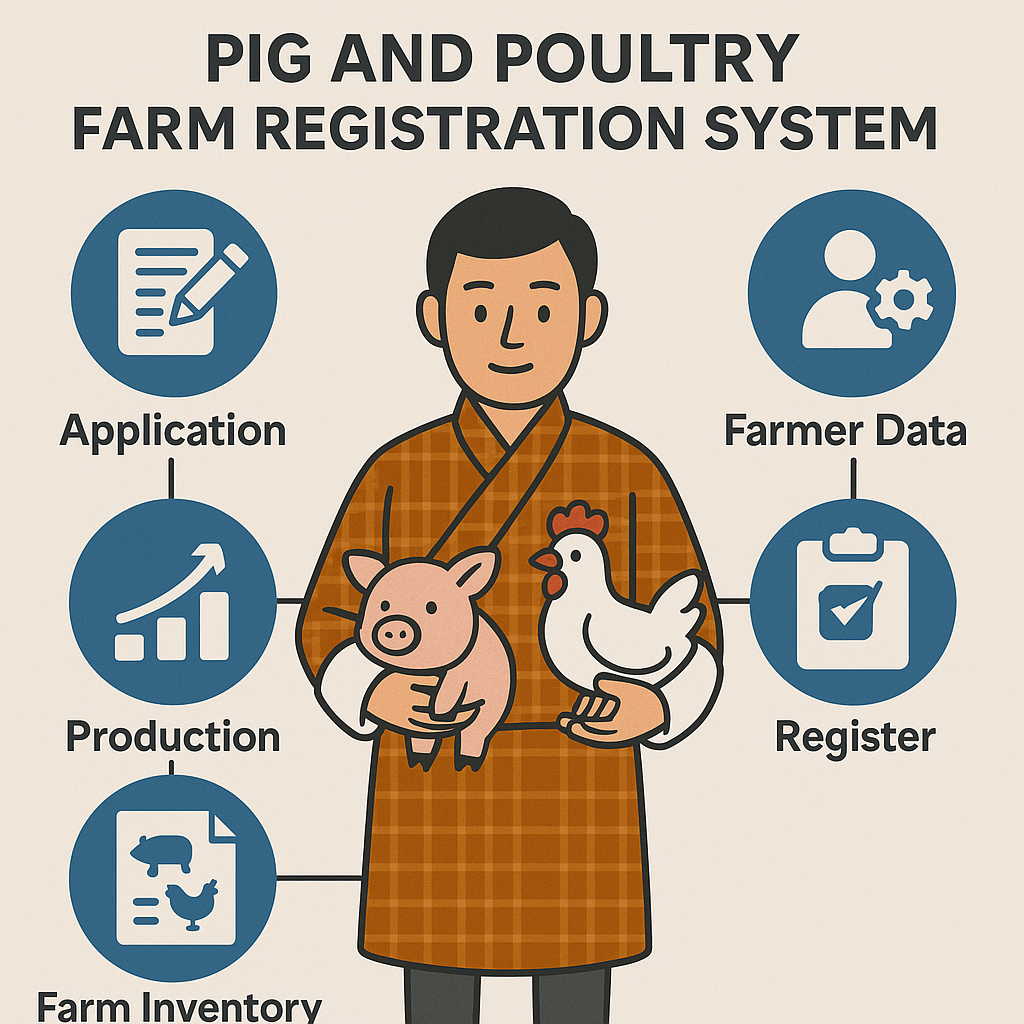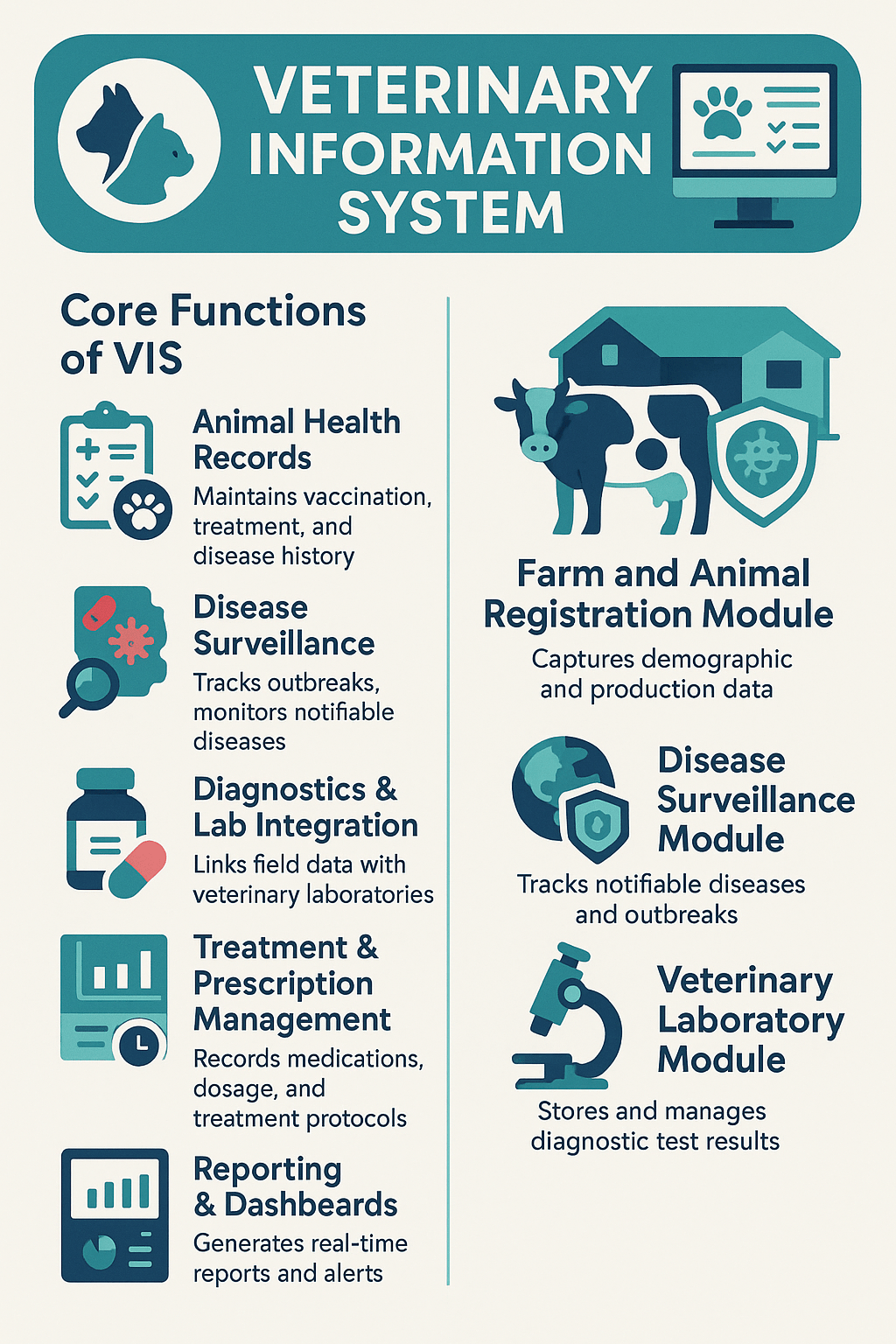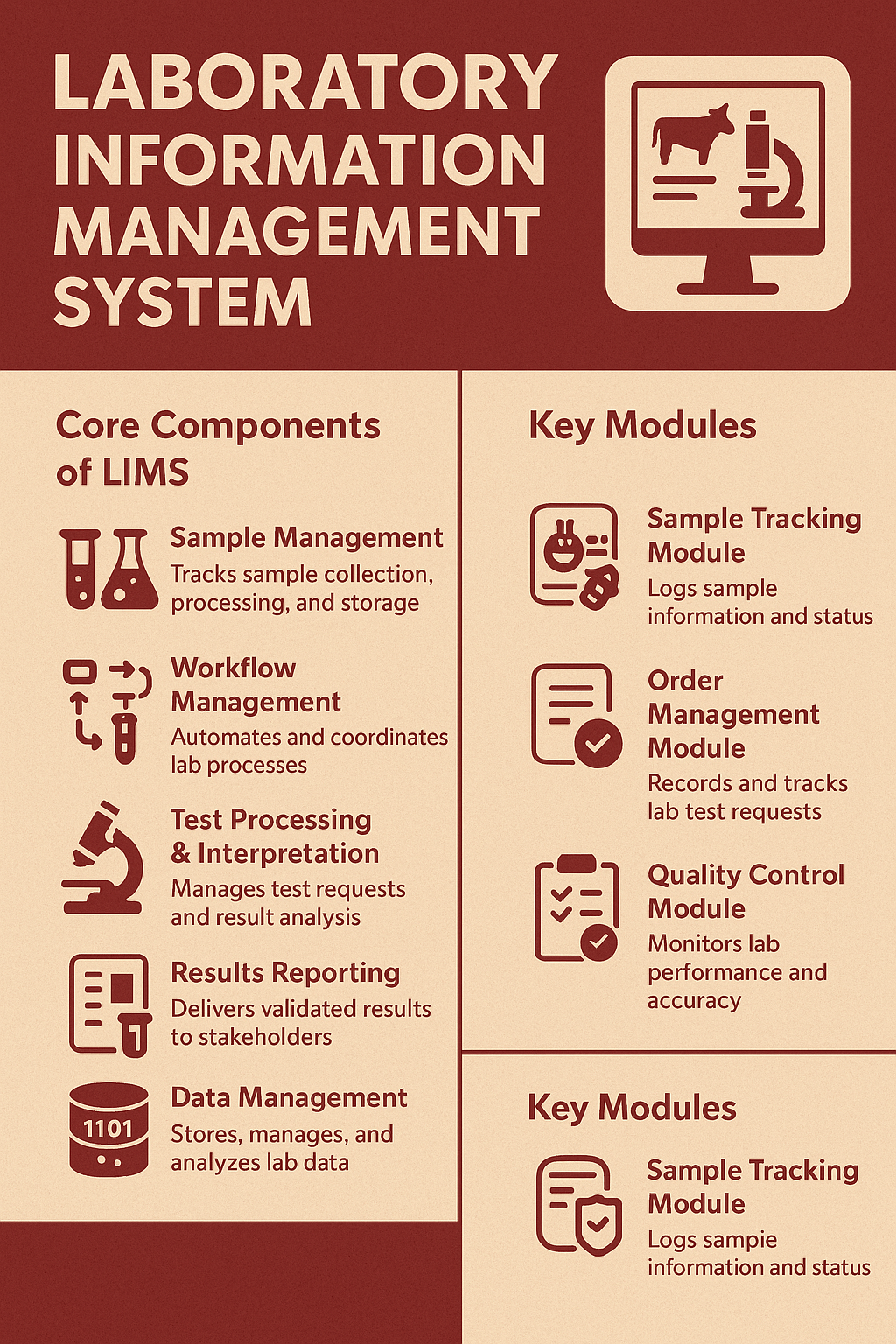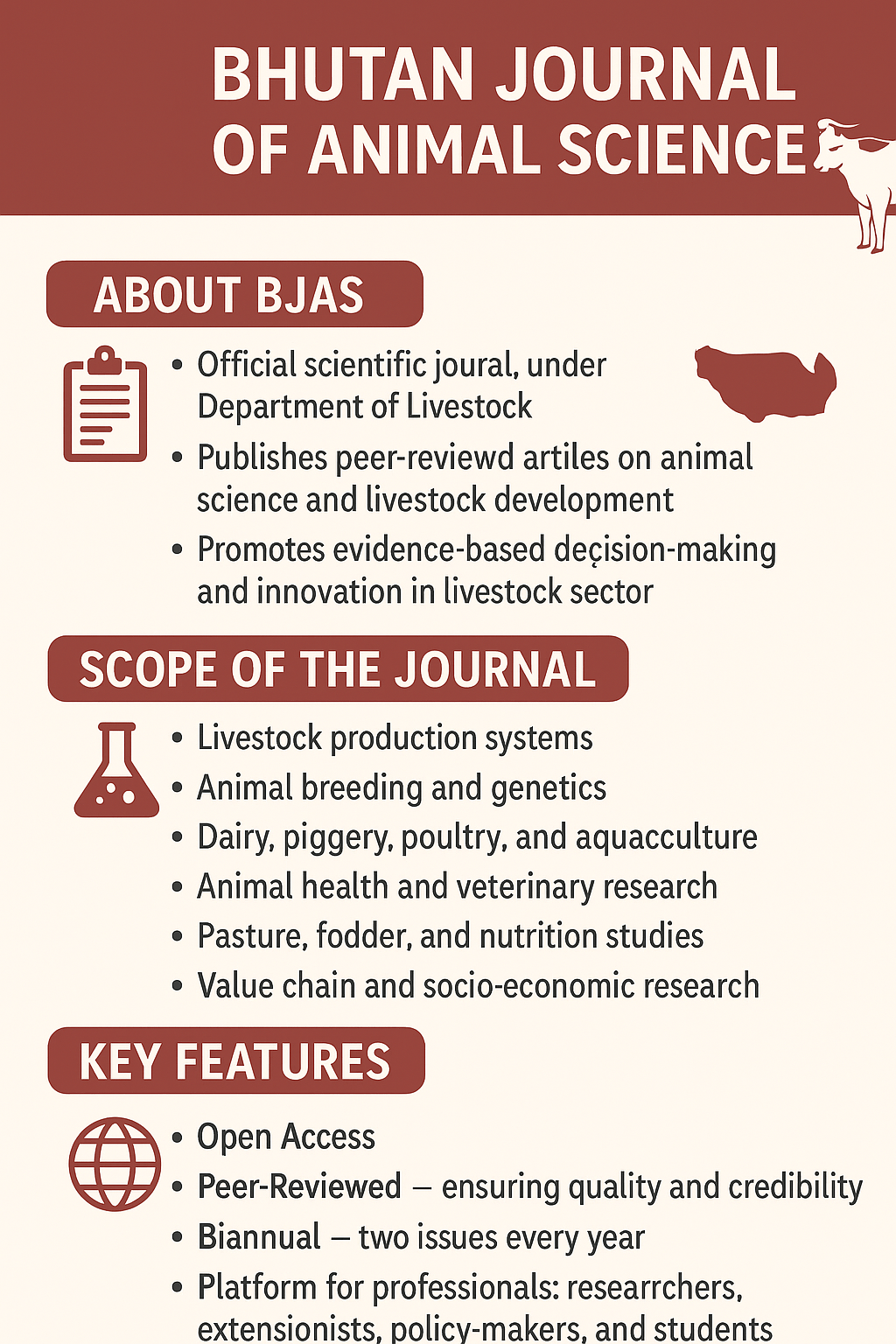Dr. Barbara Martha Meurer, an Australian volunteer collaborating with the National Biodiversity Centre Bhutan at Serbithang, organized an extensive practical training session for laboratory technicians of National Development Centre for Animal Nutrition (NDCAN) from October 9 to 13, 2023 at their Animal Nutrition Laboratory in Bumthang. The training focused on imparting knowledge and comprehension of High-Performance Liquid Chromatography (HPLC) functions, particularly emphasizing amino acid analysis. The technicians faced challenges in establishing a reliable calibration curve and lacked confidence in the accuracy of amino acid test results derived from their analyses. Moreover, they recognized the necessity for calibration of laboratory equipment to ensure reliable test reports, thus realizing the critical need for technical support from experienced professionals.
Over the course of five days training, Dr. Barbara assisted the laboratory technicians with crucial tasks verifying the stability of amino acid standards and the reagents utilized in the analytical processes. Additionally, she introduced alternative approaches for calculating the calibration curve and determining the R2 value, which are both factors in ensuring the reliability and accuracy of test results.
Recognizing the significance of proper storage on the stability of standards and reagents, Dr. Barbara provided training to the staff and developed Standard Operating Procedure (SOP) concerning the appropriate storage of amino acid standards and reagents, emphasizing adherence to these guidelines by the laboratory personnel. In the process, she addressed critical issues within the existing SOP and identified methods to streamline the runtime for both standards and samples, resulting in a substantial reduction in the total Turn-Around Time for HPLC analyses.
Moreover, Dr. Barbara imparted knowledge regarding efficient serial dilution techniques, enabling technicians to effectively identify inconsistencies in standard preparation while while keeping the standard preparation simple.
𝐁𝐚𝐜𝐤𝐠𝐫𝐨𝐮𝐧𝐝 𝐨𝐟 𝐀𝐧𝐢𝐦𝐚𝐥 𝐍𝐮𝐭𝐫𝐢𝐭𝐢𝐨𝐧 𝐋𝐚𝐛𝐨𝐫𝐚𝐭𝐨𝐫𝐲 𝐚𝐭 𝐍𝐃𝐂𝐀𝐍, 𝐁𝐮𝐦𝐭𝐡𝐚𝐧𝐠
The National Development Centre for Animal Nutrition (NDCAN) in Bumthang provides a specialized laboratory services dedicated to the evaluation of feed and fodder quality and safety. At its Animal Nutrition Laboratory (ANL), the facility routinely conducts comprehensive analysis of critical parameters, including but not limited to moisture, total ash, crude protein, crude fat, crude fiber, gross energy, and mineral composition (specifically Sodium and Potassium) in samples of feed and fodder with an to ascertain the nutritional composition of the provided samples.
Additionally, ANL uses High Performance Liquid Chromatography (HPLC) to assess essential parameters such as aflatoxin (Total and B1) levels and crucial amino acids like methionine and lysine. This rigorous analytical approach allows for a thorough evaluation of the nutritive profile of the tested samples, ensuring compliance with established quality and safety standards. In the coming months, the ANL will also have Atomic Absorption Spectrometry (AAS), Near-Infra Red (NIR) and Gas Chromatography Mass Spectrometry (GCMS) equipment to increase the animal feed test parameters, making it equipped for comprehensive and sophisticated test analyses.
𝐑𝐞𝐩𝐨𝐫𝐭𝐞𝐝 𝐛𝐲:
![]()

